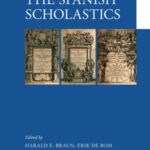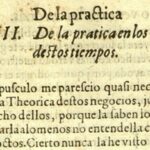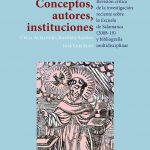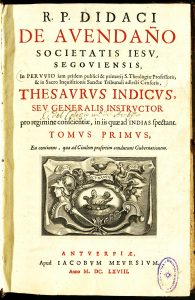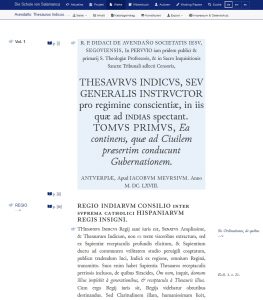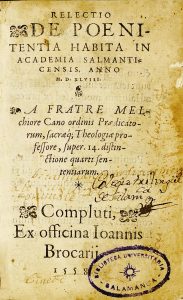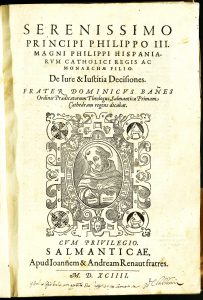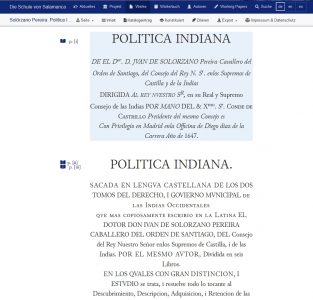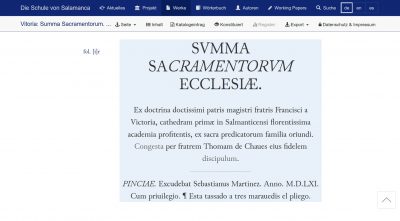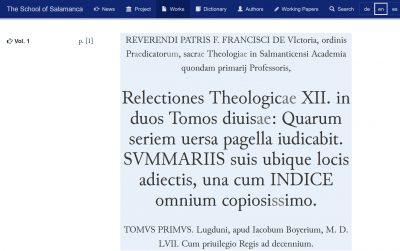The character of the law of nations is a complex issue for authors of the School of Salamanca. There are debates about the ground of its validity and of its obligatory force. In particular, authors re-worked the just war doctrine, elaborating notions of self-defense, of punishment and of what we would call today humanitarian intervention. However, the discussions did not limit themselves to the single issue of legitimate use of military force: while the Spanish Scholastics identified criteria of such legitimate use, they also ventured to establish sets of precise, substantial norms and rights, both of states and individuals. Thus, topics as the freedom of the seas and certain subjective rights of natural persons, such as the right of access to citizenship, must feature in a discussion of Salmantian notions of the law of nations.
These issues are discussed extensively in a contribution to a collective volume that has appeared recently:
Andreas Wagner: «International Law», in: Harald Braun, Erik De Bom and Paolo Astorri (eds.): A Companion to the Spanish Scholastics. Leiden: Brill, 2022. https://brill.com/view/title/31552
